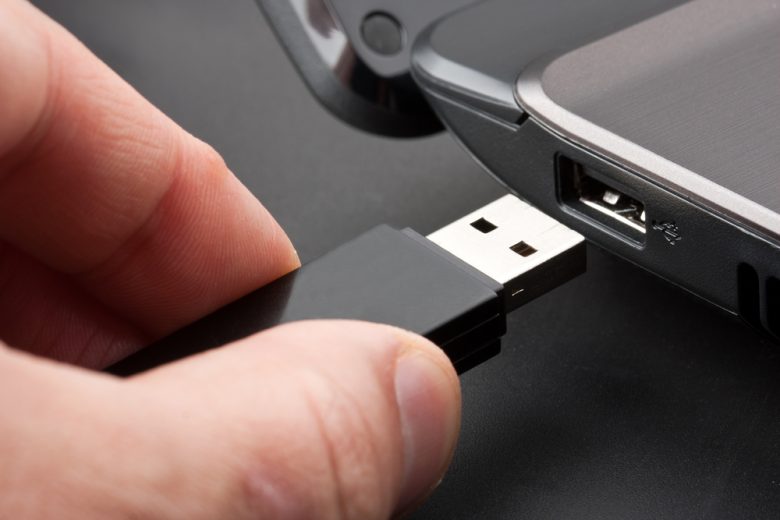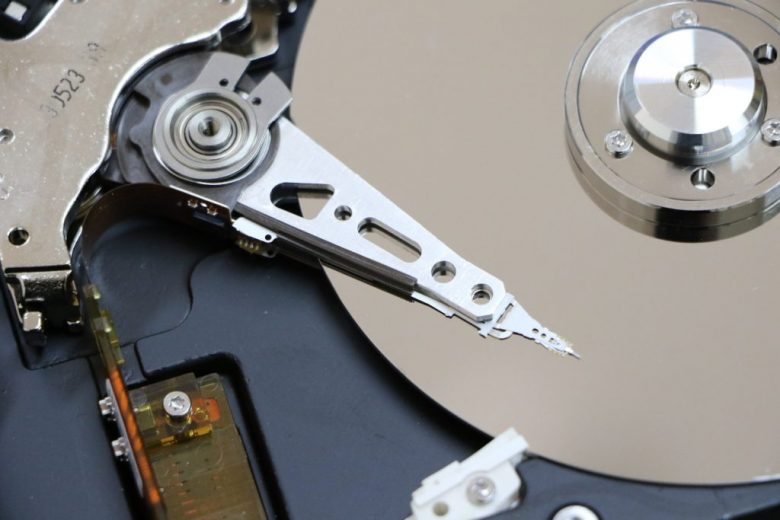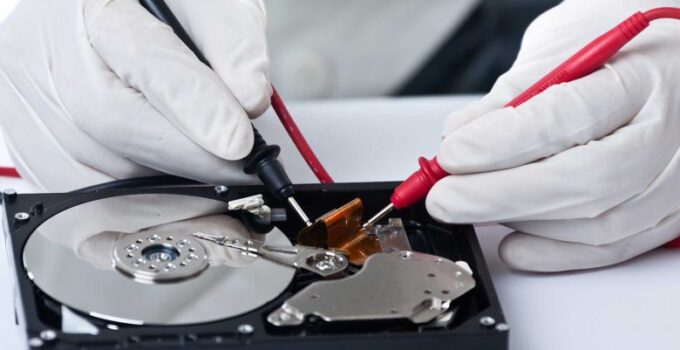Data recovery is a method of retrieving information from various storage devices that get damaged or are none responsive over time. Data recovery is something that is widely used, due to the unpredictability of storage devices.
Data can be lost in various ways. In most cases, it is done accidentally when we delete something we’re not supposed to. Other ways include system failures, system reinstallations, loss in device partitions, and many more that can negatively impact both our storage devices and workstations.
It is because of these unfortunate events why data recovery is widely used and sought-after by large companies and even ordinary people. The need to recover lost information is becoming more and more important, as we drive towards a data-driven society where information is key.
How Does Data Recovery Work?

Img source: 1freewallpapers.com
We touched briefly on the definition of data recovery, but we should also mention where it can be performed. Any device that can be used for storage of information is prone to malfunctioning. These include hard disk drives, solid-state drives, USBs, SD cards, flashcards, and any other device which information can be written on.
The thing that connects each of these devices is the fact that they have electronic equipment, which is the thing that makes them prone to failures. When this happens, the data on that device is completely lost to the use; unless he uses data recovery.
To answer how data recovery works, we have to give you an explanation of what data loss is. So, when a device fails, the data is lost. But the definition of data loss is very important here, as misunderstanding the term is often the case in this profession.
Data loss is the case when files are inaccessible on our storage devices, not when we’ve deleted them by mistake. Files that are deleted can easily be found in the recycle bin. If you’ve gone and emptied the recycle bin, then this can be described as data loss, since this information is inaccessible at this point.
However, data loss can be the culmination of either logical and physical damages, or corruptions, on the device in question.
· Logical Failure of Storage Devices

Img source: techtalk.gfi.com
Logical failure of storage devices is usually down to system failures, damages to the registry, OS corruption, etc. These are the most common reasons as to why data from your storage devices can end up inaccessible. Logical failure affects both newer storage devices and traditional, meaning that buying a new HDD won’t prevent it from logical failure.
However, the good thing about logical failures is that the devices can still be accessed by the user in the BIOS. This is because the structure of the storage device isn’t damaged, but rather the system that operates it.
This gives you a pretty good chance of being able to recover your lost information if you turn your attention towards a professional. Data recovery experts know how to retrieve lost data down to both logical and physical failure. If you are in need of a data recovery expert, then we suggest you turn your attention towards one, says Data Sector.
· Physical Failure of Storage Device

Img source: cambridgedatarecovery.co.uk
This one is pretty self-explanatory as physical failure mostly relates to damage sustained to the device in question. This type of failure can be considered permanent, as it completely prevents the user from any access to the storage device. Furthermore, it’s very difficult to retrieve data from physical failure, as the chances of success are quite low. If your storage device has indeed sustained physical damage and prevents you from accessing information, your only bet is to contact a data recovery expert.
So with all that said, how does data recovery work and how do experts do it?
So, once the storage device has sustained eighter physical or logical failure, it’s down to the experts in the field to help recover your lost data. Even if they are experts, that doesn’t mean the process is easy.
Once data has been completely removed from your storage device and emptied from your recycle bin, it is not permanently gone and it still exists somewhere in your storage device. How is that possible? Well, data deleted from your device still has traces on it, meaning that with the help of an expert you can track those traces and retrieve it in its complete form.
These experts use powerful data recovery algorithms that scan the storage device and find all the delete points. They then proceed to retrieve the process of deletion, or piece together the pieces of information that have been deleted. This is all done in the BIOS, meaning it is done in the system itself of your computer.
There is the off-chance of your files being affected by a file-changing virus which makes them invisible to most data recovery software. If this is the case, then a data recovery expert might not be able to retrieve them.
Why is it Wise to Hire a Data Recovery Expert?

Img source: a2computers.com
If you need important data to be recovered, would you trust yourself to do it or would you give the task over to the experts? Data recovery experts are, well, experts in their field of expertise. They are trained and know how to look inside storage devices and retrieve data. They also know how everything works in your computer, so they can easily navigate throughout the BIOS. Experts also use data recovery software which is not free in most cases. While there are also free samples and versions out there, the best tool a data recovery expert would use is not a free version of it.
So on top of him being an expert and knowing how to recover your data, he uses the best software to do it. But the reason as to why you should hire one is all down to how important is the information lost. Namely, every large company employs data recovery experts if a problem such as this occurs. Information is very important in our day and age, and it’s all down to the experts to keep track of it.




